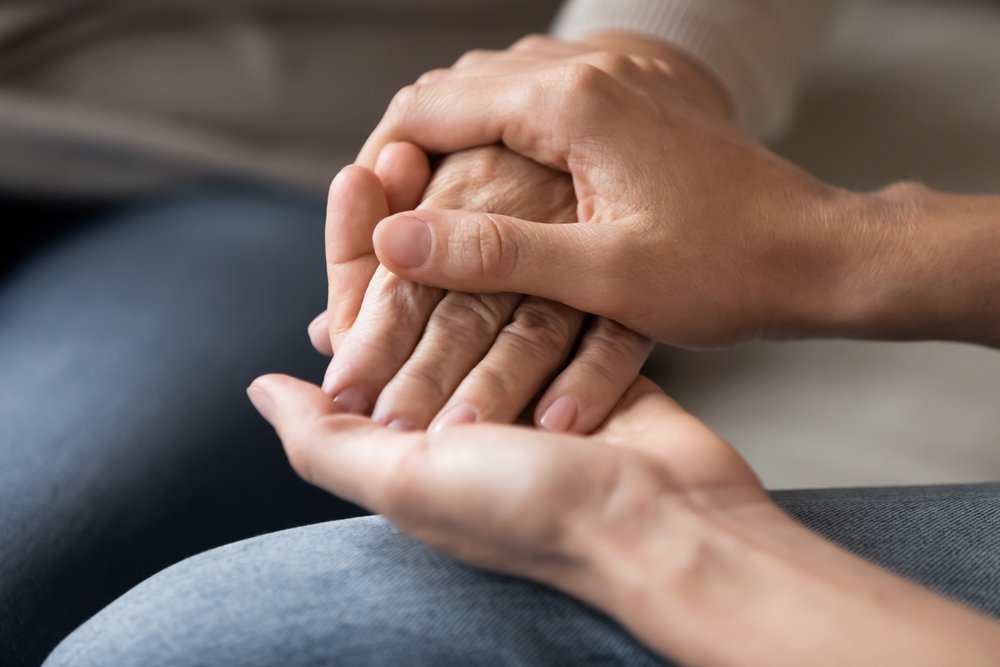Understanding Teen Eczema vs. Acne: What Parents Need to Know
Adolescence comes with big changes—and sometimes, big skin challenges. For many parents, it can be difficult to tell whether their teen is struggling with acne breakouts or eczema rashes. While both conditions are common in teenagers, they require very different approaches to treatment. At Summit Dermatology in Medford, OR, we help families understand these differences, recognize the signs, and find effective solutions tailored to each teen’s needs.
The Difference Between Acne and Eczema
Although acne and eczema can both cause redness and discomfort, the underlying causes and appearances are not the same.
- Acne: Caused by clogged pores, excess oil production, and bacteria, acne typically presents as blackheads, whiteheads, pimples, or cysts. It often appears on the face, chest, and back.
- Eczema (Atopic Dermatitis): An inflammatory skin condition, eczema causes dry, itchy, and inflamed patches of skin. It can appear anywhere but is common on the hands, inner elbows, behind the knees, and around the eyes.
Signs Parents Should Watch For
Parents can help by observing their teen’s skin closely. Here are some indicators:
- Signs of Acne:
- Whiteheads, blackheads, or visible clogged pores
- Red, inflamed pimples or pustules
- Deep, painful cysts that may leave scars
- Breakouts often triggered by hormones, diet, or stress
- Signs of Eczema:
- Dry, scaly, or rough patches of skin
- Itching that may worsen at night
- Red, inflamed rashes that may ooze or crust over
- Flare-ups triggered by allergens, weather changes, or irritants
When to See a Dermatologist
Over-the-counter creams and cleansers can help with mild acne or dry skin, but professional skin care is needed if:
- Acne is painful, spreading, or causing emotional distress
- Eczema is persistent, intensely itchy, or interfering with daily life
- OTC products make symptoms worse instead of better
- Scarring, infection, or sleep disruption occurs
How Summit Dermatology Helps Teens with Acne and Eczema
At Summit Dermatology, we specialize in helping teens find relief from both conditions with personalized care.
For Acne:
- Topical prescriptions such as retinoids or benzoyl peroxide to unclog pores and reduce bacteria
- Oral medications like antibiotics or hormonal treatments for moderate to severe acne
- In-office treatments including chemical peels, HydraFacials®, or blue light therapy for faster results
- Skincare guidance to build safe and effective routines that avoid irritation
For Eczema:
- Prescription creams and ointments to reduce inflammation and calm itching
- Biologic therapies for teens with severe, treatment-resistant eczema
- Phototherapy (light therapy) to manage chronic flare-ups safely under supervision
- Lifestyle guidance on avoiding triggers, choosing safe products, and protecting the skin barrier
FAQs: Teen Acne vs. Eczema
Q: Can teens have both acne and eczema at the same time?
A: Yes. A teen can struggle with both conditions, especially if they have oily skin prone to acne and sensitive areas prone to eczema. Dermatologists can create a treatment plan that addresses both without worsening either condition.
Q: How do I know if my teen’s rash is eczema and not just acne?
A: Acne usually forms bumps, blackheads, or pimples with visible pores, while eczema appears as red, dry, itchy patches. If the skin looks scaly or your teen complains of constant itching, eczema is more likely.
Q: Can diet affect acne or eczema?
A: Yes. Foods high in sugar or dairy may worsen acne, while certain allergens can trigger eczema flare-ups. While diet alone isn’t the cause, managing triggers can help reduce symptoms.
Q: Do OTC acne products work for teens?
A: Mild acne may improve with drugstore cleansers and spot treatments, but moderate to severe acne usually requires prescription medications. A dermatologist can determine which products are safe and effective for your teen’s skin.
Q: Is eczema contagious?
A: No. Eczema is an inflammatory condition, not an infection. While it can look severe during flare-ups, it cannot spread from one person to another.
Q: How long does treatment take to see results?
A: Acne and eczema treatments take time—usually several weeks to a few months. Consistency and follow-up with a dermatologist are key to achieving lasting improvement.
Why Choose Summit Dermatology for Teen Skin Care in Medford, OR
At Summit Dermatology, we understand how skin conditions impact not just health, but confidence and quality of life. Parents choose us because we offer:
- Board-certified dermatologists with expertise in teen acne and eczema
- Customized treatment plans tailored to each teen’s skin type and lifestyle
- Advanced therapies not available over the counter
- Compassionate care that supports teens and parents throughout treatment
Support Your Teen’s Skin Health Today
Whether your teen is facing stubborn acne, recurring eczema, or both, professional dermatology care can make all the difference. At Summit Dermatology in Medford, OR, we’re here to help families find answers, relief, and confidence.
📍 Location: 1910 East Barnett Road, Suite 101, Medford, OR 97504
🕒 Hours: Monday – Thursday | 7:30 AM – 5:30 PM
📞 Phone: 541-200-2022
✨ Give your teen the care they deserve—schedule a dermatology consultation today.


